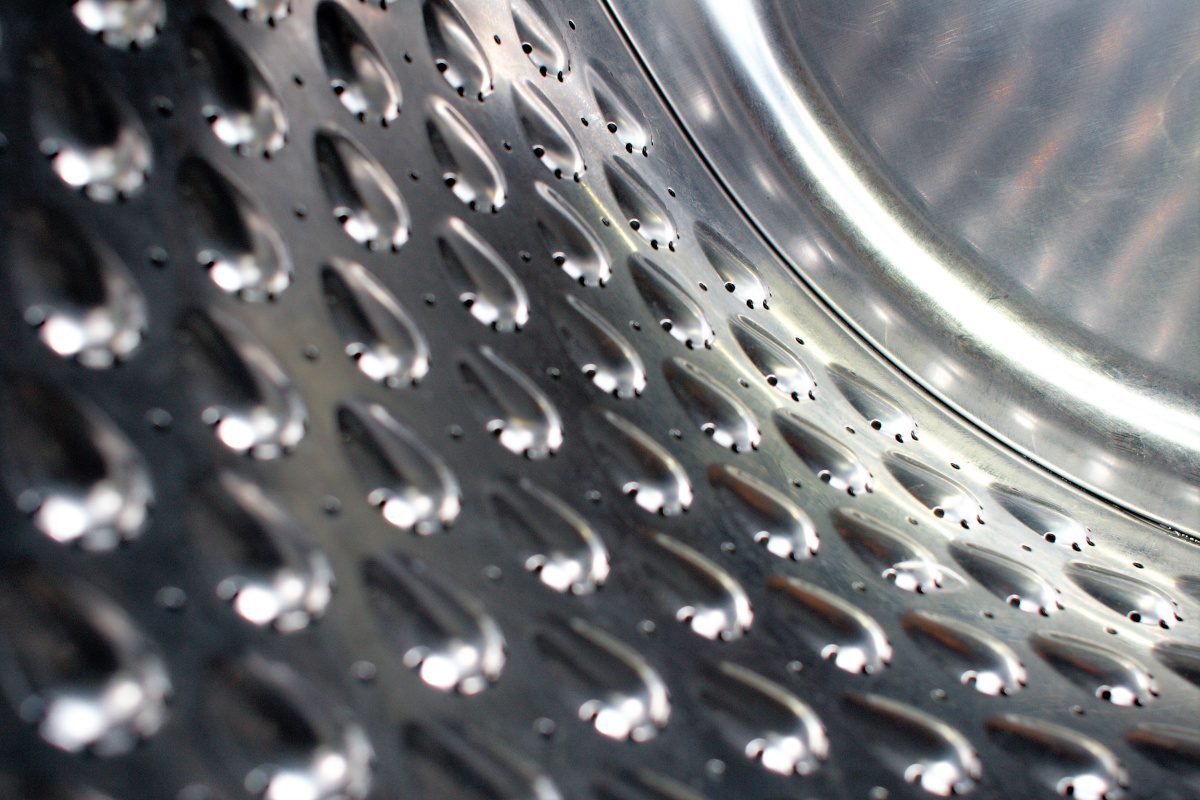
A new system of eco-labels launched by the UK government is intended to help save consumers money on their energy and water bills, but one industry group says the plan will create confusion and expense.
Toilets, sinks, dishwashers and washing machines will be sold with new water efficiency labels under the terns of the plan, the details of which were confirmed on 29 September.
As Defra explained, it follows a public consultation to make water efficiency labelling mandatory by 2025, which has received widespread support and is amongst the pledges made in the government’s Plan for Water. Products that will be subject to labelling include toilets, urinals, bathroom basin taps, shower outlet devices and shower assembly solutions, dishwashers, washing machines and combination washer-dryers.
The aim is for these labels to echo energy efficiency labels, with a category rating from A to F on household goods. The majority of respondents (74%) agreed that the proposal will help to reduce water consumption by 2038.
Water Minister Rebecca Pow said the government was “acting to make sure England’s water system is resilient,” adding that “through our Plan for Water we’ve set out how more investment, stronger regulation and tougher enforcement will help secure water resources for the future.”
Based on 2019 prices, Defra says the label could help save £125 million on water bills and £147 million on energy bills over 10 years, and 1,200 million litres of water a day across the UK. These projections are based on research from the Energy Saving Trust, funded by Defra and Waterwise, which found that a mandatory government led label would lead people to adopt more water efficient behaviours. By encouraging them to choose a device labelled as highly water efficient, consumers will see decreased bills through water savings and subsequent energy savings related to hot water use.
The government will continue to engage with industry on further details, such as how each category will be defined and the visual design of the label. The government has set an ambitious target to reduce the use of public water supply per person by 20% by 2038. Water efficiency labelling will form a key part of this goal, as laid out in our Plan for Water.
But trade group the Unified Water Label Association (UWLA) said Defra’s plan “will create confusion and unnecessary expense.”
The group’s MD Yvonne Orgill said: “The decision by Defra to progress a mandatory label will create confusion, as under their proposals there will be a UK only label, creating extra administration and expense for many manufacturers that operate across Europe and the UK.
In addition the cost of re-inventing the wheel by developing new technical criteria, testing products and setting up a whole new scheme, when this already exists via the Unified Water Label, is not only expensive for the industry but a waste of public money.
“Government is extremely misguided in spending time and money developing a label when there is a recognised and existing scheme developed by the industry, that they could utilise, at much less cost and more effectively.
“The document also omits any mention of a campaign to influence consumer behaviour, which is essential for any scheme to succeed, and something that the UWLA has been addressing since the scheme’s inception.
“The UWLA is fully committed to helping government address the issue of water efficiency but believes that it could work with, and listen to industry more.
“The Unified Water Label Association has responded directly to Defra and will be stepping up its campaign to lobby government for a reversal of this direction, with a view to adopting the existing Unified Water Label.”
The Environment Agency’s review of draft Regional Water Resource Plans found an additional 4,000 million litres of water a day will be needed in England by 2050 to meet future supply pressures. Approximately half of this amount will need to be delivered through demand management measures, including reducing leakage, and household and non-household consumption.
The Plan for Water, which was launched in April, brings together significant action already taken, along with more investment, stronger regulation and tougher enforcement on those who pollute. This includes the launch of a new National Policy Statement for water resources infrastructure, to help key water supply infrastructure – such as reservoirs and water transfer schemes – be built more quickly.
This summer, the Department for Energy Security and Net Zero also published new advice for households on water efficiency to save energy.







